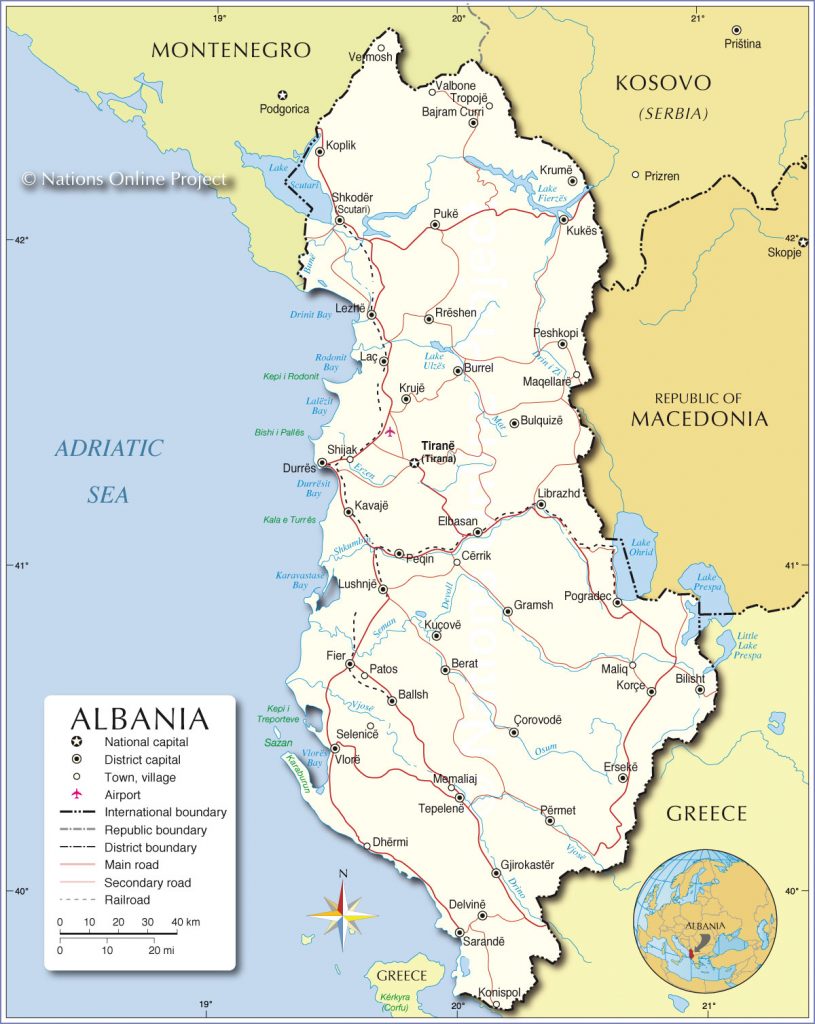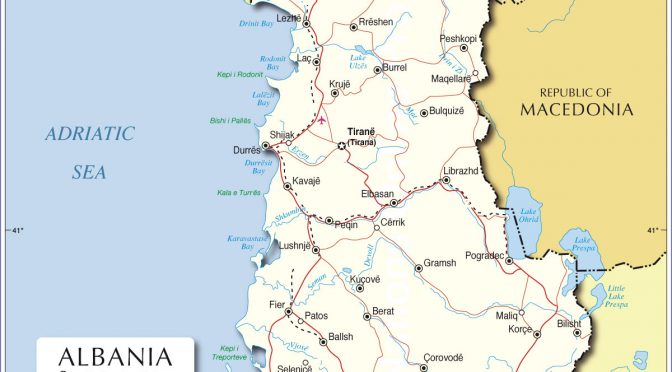Albania, a small country in Southeast Europe, has been experiencing rapid economic growth and urbanization in recent years. With a population of around 2.8 million, the country has been striving to meet the increasing demand for energy. The energy market in Albania has been dominated by fossil fuels, particularly oil and gas, which account for more than 90% of the country’s energy consumption. However, the government has recognized the need to diversify its energy sources and reduce its dependence on fossil fuels. As a result, Albania has been exploring the potential of renewable energy sources, such as hydropower, solar, and wind energy, to meet its growing energy needs.
Albania is blessed with abundant water resources, which makes hydropower the most promising renewable energy source for the country. Currently, hydropower accounts for around 38% of Albania’s electricity generation, with the Drin River cascade being the primary source of hydropower production. The government has been investing in the construction of new hydropower plants and the modernization of existing ones to increase the share of hydropower in the country’s energy mix. Moreover, Albania has been cooperating with neighboring countries, such as Kosovo and Montenegro, to develop joint hydropower projects, which would not only enhance regional energy security but also promote economic integration in the Western Balkans.
In addition to hydropower, Albania has been tapping into its solar energy potential. The country enjoys an average of 2,400 hours of sunshine per year, which makes it an ideal location for solar power generation. In recent years, the government has been promoting solar energy through various incentives, such as feed-in tariffs and tax exemptions for solar equipment imports. These measures have attracted both domestic and foreign investors to develop solar power projects in the country. For instance, in 2018, the Ministry of Infrastructure and Energy announced the construction of a 50 MW solar power plant in the southern region of Albania, which is expected to be the largest solar facility in the Balkans.
Wind energy is another promising renewable energy source for Albania, given its favorable geographical location along the Adriatic Sea. The country has a significant wind energy potential, particularly in the coastal areas and mountainous regions. In recent years, the government has been encouraging the development of wind power projects through various incentives, such as feed-in tariffs and land lease subsidies. Several wind power projects are currently under development, including the 150 MW Karavasta Wind Farm, which is expected to be the largest wind farm in the country upon completion.

The development of renewable energy sources in Albania is not only crucial for meeting the country’s growing energy demand but also for addressing environmental concerns. The increased use of renewable energy can help reduce greenhouse gas emissions and air pollution, which are major challenges for Albania, particularly in urban areas. Moreover, the transition to a low-carbon energy system can enhance Albania’s energy security by reducing its reliance on imported fossil fuels, which are subject to price volatility and geopolitical risks.
In conclusion, Albania’s growing energy market presents significant opportunities for the development of renewable energy sources. The country’s abundant water resources, favorable solar and wind conditions, and supportive government policies create a conducive environment for the expansion of hydropower, solar, and wind energy. By harnessing its renewable energy potential, Albania can not only meet its increasing energy needs but also contribute to global efforts to combat climate change and promote sustainable development.


